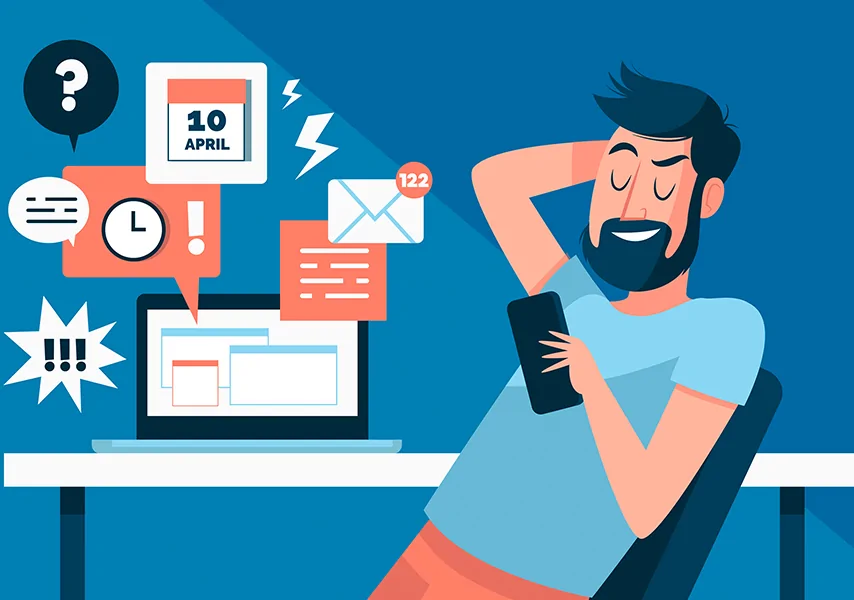
According to a meta-analysis of studies from various countries, about 20% of adults are chronic procrastinators, compared to 5% in the 1970s. Among students, the situation is even more concerning — around 50% regularly delay important academic tasks. This suggests that over the past half-century, the problem of procrastination has not only persisted but has grown rapidly.
In this article, we will explore what procrastination really is, why it thrives in the digital age, why most "life hacks" against procrastination don’t work, and what can actually be done about it.
What is Procrastination
If you think procrastination is just "putting things off," you’re only half right. Procrastination is an active process of choosing a less important but more enjoyable activity over what truly needs to be done. At the same time, the person is fully aware that they are acting against their own interests. Through procrastination, our brain simply shields itself from unpleasant tasks.
Laziness and procrastination are distinct concepts. A lazy person does nothing and often enjoys it. A procrastinator can be active, engaging in numerous tasks, except the ones that are truly necessary. This often comes with a sense of guilt.
This is where the insidious nature of procrastination lies: it can masquerade as productivity. You can be very busy and still be a chronic procrastinator.
Here, you can take a free procrastination test.
Types of Procrastination
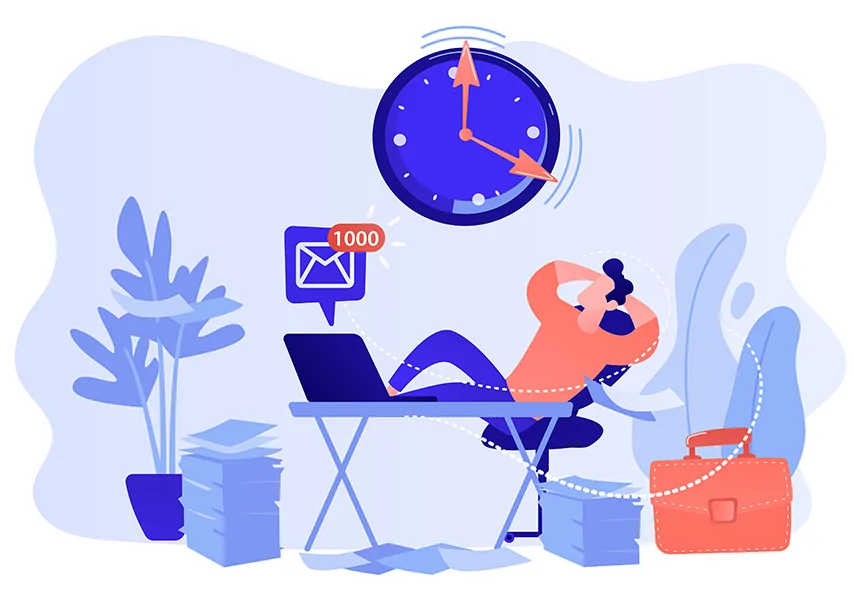
Procrastination varies depending on its causes and symptoms:
- Active (pseudo-productive) procrastination — this occurs when you consciously delay complex tasks to engage in more enjoyable ones. For example, instead of preparing a presentation, you decide to clean the house. The house is clean, but your conscience isn’t entirely clear. Yet, you were working, and the results are visible. You’re likely exhausted too, so no one can accuse you of idleness, right? Active procrastinators are always busy, always rushing somewhere, handling many small tasks, making countless calls, and attending meetings. But in essence, this masks the issue of tackling serious tasks and making important decisions. This makes it one of the most deceptive forms of procrastination.
- Passive procrastination — the classic version: you simply don’t do what needs to be done, you’re aware of it, and you feel terrible about it. No alternative productivity, just pure avoidance and self-criticism.
- Rationalized procrastination — a favorite among thoughtful individuals who can find “rational” justifications for their delays. “I’m not procrastinating; it’s just not the right time,” “I need to gather more information,” or “If I don’t do this, the consequences won’t be that bad.” These arguments may sound reasonable, but upon closer inspection, they often fall apart. With effort, any “rationalizer” can easily debunk their own excuses.
- Creative procrastination — perhaps the most beneficial type of procrastination. By delaying an unpleasant task, you switch to creative work that brings satisfaction. As a result of such “escapes” from complex life tasks and problems, many musical, poetic, artistic, and other creative works have been born.
- Anxious procrastination — delaying important tasks due to fear of failure or fear of judgment from others. Interestingly, this type of procrastination can also work in reverse — a person may fear success, feeling unworthy of recognition. Such anxiety leads to avoiding tasks that could result in either failure or success.
- Emotional procrastination — avoiding tasks that trigger negative emotions. Strong associations with past negative experiences make our brain do everything to avoid repeating them. For example, this type of procrastination may cause some people to delay visiting a doctor, even though they know logically that it’s irrational and could lead to negative consequences.
- Sabotaging procrastination — a destructive type of procrastination, a subconscious rebellion against externally imposed goals. You deliberately delay important tasks, consciously or subconsciously hoping for negative consequences. You don’t want to do what you “must,” even if you once agreed to it. Sabotaging procrastination often accompanies an unloved job, studying an uninteresting major, or even an unhappy marriage. The brain hopes for positive change through such “sabotage,” even if it means earning a dismissal or other troubles.
You may recognize yourself in one of these types, but most often, we combine several types of procrastination to varying degrees, which is perfectly normal. Understanding which types you’re most prone to can help you better identify the causes and manage the consequences.
Procrastination in the Digital Age
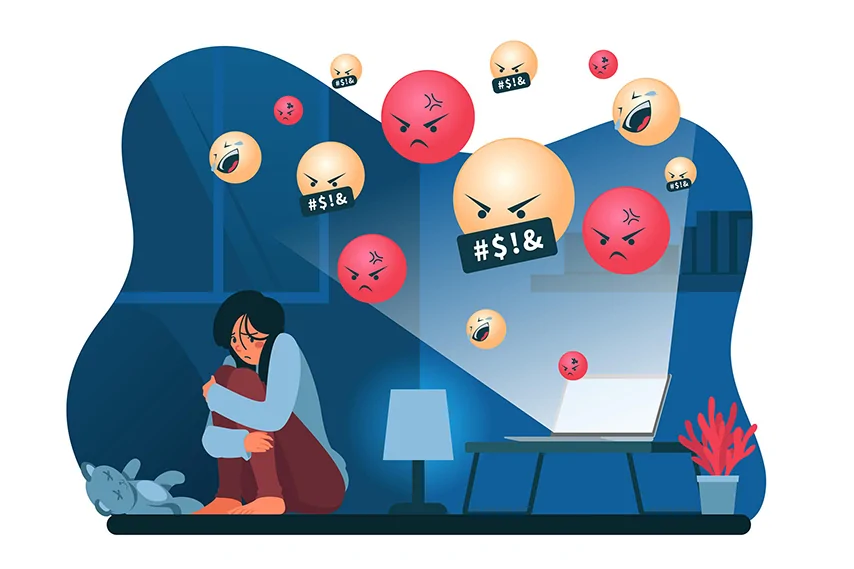
If procrastination were a virus, smartphones and social media would be its perfect carriers. App developers work hard to make their products as addictive as possible. They know exactly how the dopamine system works. Notifications, likes, bonuses, and endless feeds are all deliberately designed hooks for your attention.
Micro-dopamine is the new drug of the digital age. Every like, notification, or anticipation of watching a video provides a small burst of dopamine. The brain quickly gets accustomed to these doses of pleasure and starts craving them. Serious work, on the other hand, doesn’t provide dopamine. What will the brain choose? The answer is obvious.
This creates a vicious cycle: the more we procrastinate with simple distractions, the harder it becomes to focus on important tasks. The brain gets used to constant stimulation and starts to “get bored” during regular work.
The habit of showcasing our lives on social media creates additional pressure. We constantly compare ourselves to others, often people we don’t even know personally. The fear of failure intensifies because a mistake becomes not just personal but public. Thus, the brain chooses to avoid risks by delaying tasks that could lead to failure.
The paradox of choice is another trap that fuels procrastination. The abundance of goods and services allows us to confuse priorities: we can spend hours choosing the “perfect” tool for work without actually starting the work itself. Yet, being busy with something dulls the sense of guilt.
Learn more about the paradox of choice in this article.
Procrastination as a Psychological Symptom
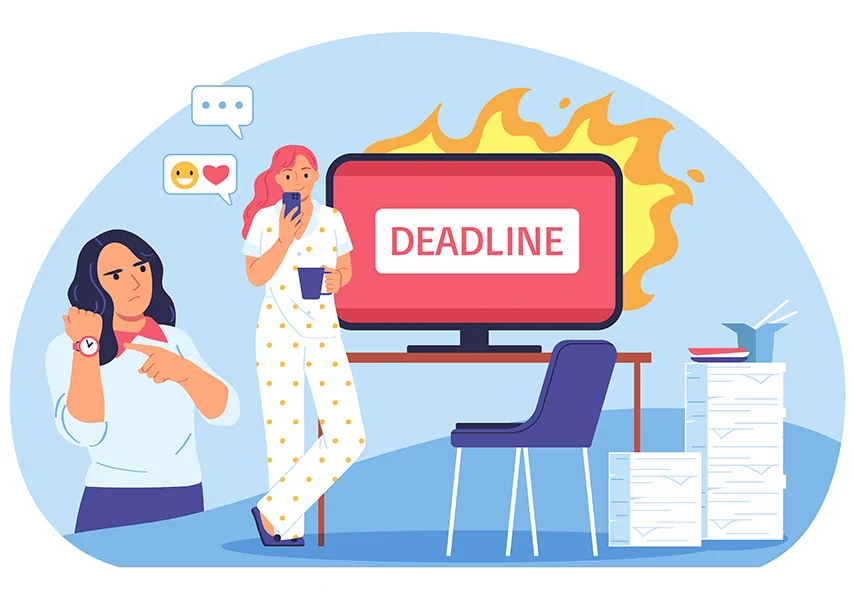
From a psychological perspective, several key issues are associated with procrastination.
Anxiety — the primary driver of procrastination. The fast pace of modern life has heightened the average person’s anxiety levels, inevitably leading to an increase in procrastination. The COVID-19 pandemic also played a negative role, with WHO data indicating a significant rise in anxiety disorders during that period. We may procrastinate due to anxiety, or anxiety may develop due to looming deadlines, creating a vicious cycle that’s hard to break on your own.
Follow this link to take a free anxiety level test.
Perfectionism — another frequent companion of procrastination. A perfectionist delays a task out of fear of not doing it well enough. It’s better not to start than to do it imperfectly. This triggers a defense mechanism: you can’t fail at something you haven’t started.
Follow this link to take a free perfectionism test.
Imposter syndrome makes us doubt our abilities. “What if everyone realizes I’m not as competent as I seem?” Delaying serious tasks becomes a way to avoid exposure.
Learn more about imposter syndrome in this article.
Low self-esteem also correlates with a tendency to procrastinate. It’s hard to be productive when an inner voice keeps saying, “You won’t succeed anyway.”
Follow this link to take a free self-esteem test.
Additionally, procrastination may signal that:
- The task doesn’t align with your values
- You’re burnt out and need rest
- The goal was imposed by others and doesn’t interest you
- You fear success as much as failure
Understanding your deeper motives is more important than any time-management or productivity techniques. You can load yourself with various anti-procrastination hacks, but without addressing the root causes, procrastination will keep returning.
What Happens at the Neural Level
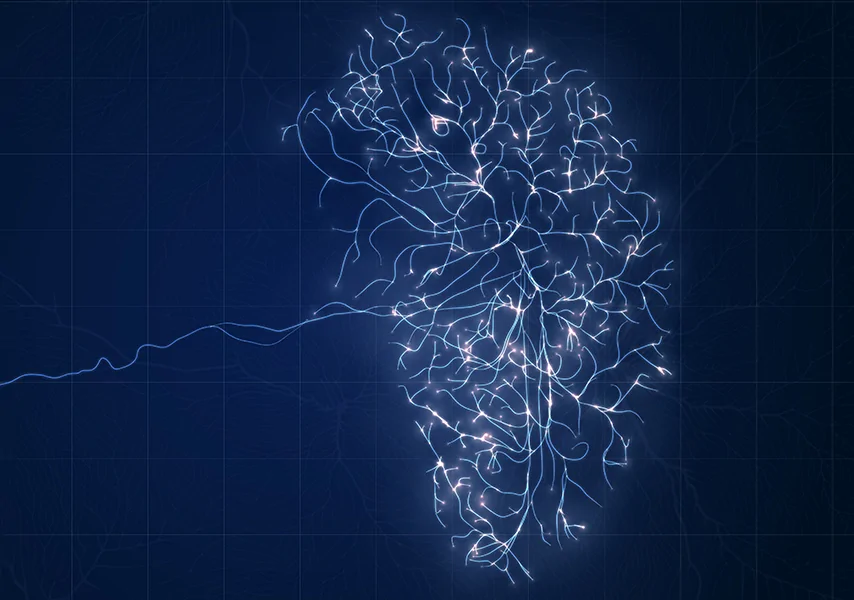
To better understand why our brain resorts to procrastination, let’s briefly discuss the emotional and rational components.
The limbic system (emotional) works quickly and automatically. It’s responsible for survival and immediate pleasure. It sees a sensational headline and wants to click. It sees a complex task and wants to flee. It lives by the “here and now” principle and doesn’t consider consequences.
The prefrontal cortex is our inner adult. It plans, analyzes long-term consequences, and controls primary impulses. But it works slower and consumes more energy. The prefrontal cortex struggles to function properly when we’re tired, hungry, anxious, or stressed.
Dopamine is a key player in this story. Contrary to popular belief, dopamine is not the hormone of pleasure but of anticipation of pleasure. It’s released not when we receive a reward but when we expect one. Complex tasks are predictable, requiring more time and effort, so they generate little to no dopamine.
The result: fatigue, information overload, anxiety, stress, and other negative factors deplete the prefrontal cortex’s resources, allowing the limbic system to take over. It chases “quick” dopamine, delaying tasks that don’t provide it.
Procrastination in the Professional Sphere
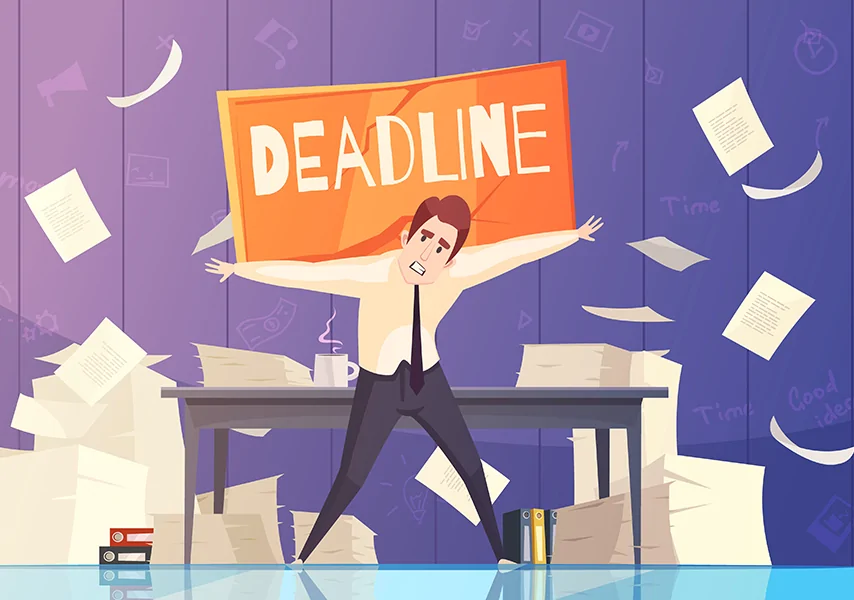
Of course, if your work isn’t interesting and you lack motivation, the reluctance to complete tasks will eventually catch up with you. But even a beloved job can lead to burnout, and professional burnout and procrastination often go hand in hand. When a person is emotionally exhausted, their brain actively resists any work-related tasks. Procrastination becomes a defense mechanism but often creates even more problems.
Some HR specialists believe that the widespread shift to remote work during the pandemic contributed to the rise in procrastination. As it turns out, there are far more temptations for “quick” dopamine at home than in the office. The lack of external oversight and difficulty maintaining focus also fueled procrastination. In remote settings, managers are less likely to fire employees, and subordinates tend to sabotage routine tasks. Although this perspective lacks robust research, many large companies accept it and are making efforts to bring employees back to the office.
Procrastination in Different Cultures

Attitudes toward procrastination vary across countries, largely influenced by cultural and social norms surrounding the concept of time.
In Western individualistic cultures (the US and European countries),procrastination is seen as a serious productivity issue. Collectivist cultures (former USSR countries, Japan, Korea, China) historically had fewer issues with procrastination due to strong social pressure and a sense of duty to the group. However, with the adoption of a “Western” lifestyle, this is rapidly changing.
Scandinavian countries, with their socialist principles and emphasis on work-life balance, show interesting results. When people feel socially secure and confident in their future, and when the culture doesn’t glorify overwork or the pursuit of money, societies experience less anxiety and, consequently, less procrastination.
Learn all about the Scandinavian philosophy of Lagom in this article.
In Latin cultures, the concept of "mañana" (tomorrow) implies a more flexible and relaxed attitude toward time, responsibilities, promises, and deadlines. What might be considered procrastination in German culture could be the norm here.
Buddhist traditions encourage focusing on inner spiritual growth rather than chasing external achievements. This perspective and the idea of accepting the moment “as it is” may resemble procrastination but is a conscious choice that reduces stress and anxiety.
Today, procrastination is most often discussed from the perspective of Western industrial societies.
Myths and Harmful Advice

The internet is full of popular myths and strategies for combating procrastination. Without understanding individual causes, these “tips” can even worsen the situation.
“Just force yourself”
Willpower is a limited resource. The more you force yourself, the faster it depletes. People who rely solely on willpower are less successful in the long term than those who build effective systems and habits. Willpower runs out, but systems work consistently.
Follow this link to take a free willpower test.
“Stress and deadlines motivate”
For some, this is true — they perform better under pressure. But for most, stress and anxiety are not helpful. In such situations, the brain is more likely to make impulsive decisions rather than thoughtful, correct ones. Constantly working in crunch mode leads to burnout, errors, and health issues. The quality of such work usually suffers too.
“Just work more”
Many believe that working 12 hours a day means they can’t be procrastinators. But workaholism can be a form of self-deception. A workaholic may dive into minor tasks to avoid the most important or challenging ones. Thus, workaholism often masks procrastination as productivity.
“Procrastination is always bad”
Not always. Sometimes procrastination reflects the wisdom of the subconscious. You might delay a project because you intuitively sense it’s unpromising. Or you avoid a task that conflicts with your values. Or you don’t want to pursue a career your parents chose for you. Perhaps you’re so exhausted that procrastination is saving you from complete burnout.
Creative procrastination has been a source of innovation for many who “escaped” their main work. Procrastination can give the brain time to nurture ideas.
“Procrastinators are just lazy”
This is completely false. Many procrastinators are highly active, doing numerous tasks—just not the ones that need to be done. Laziness is a lack of desire to do anything. Procrastination is a conflict between desire and action, between what you want and what you need to do.
Strategies and Approaches That Actually Work
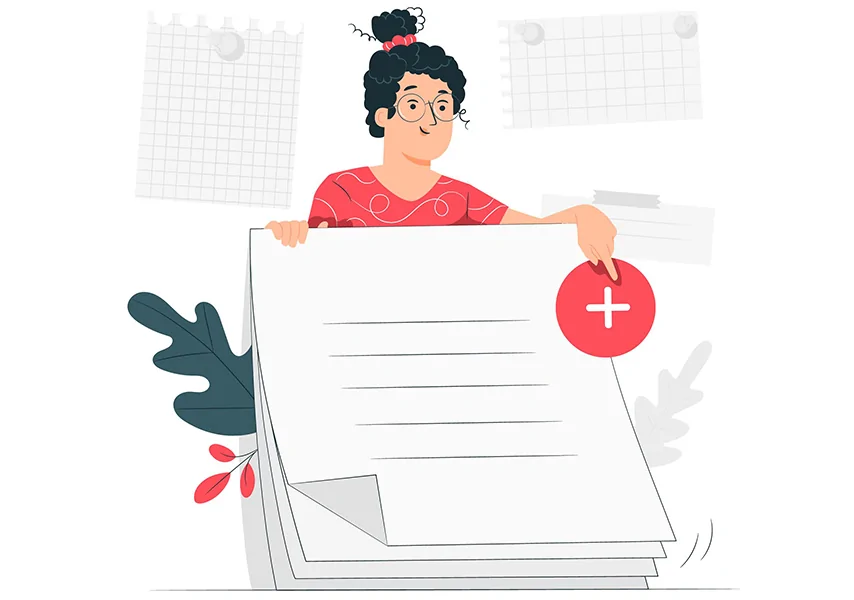
Now let’s explore what really helps. There’s no universal solution—what works for one person may not work for another. But there are proven approaches worth trying.
The small steps method (Kaizen)
Large tasks intimidate the brain, but small ones don’t. Instead of “write a 50-page report,” try “open the document and write the title.” Instead of “learn Spanish,” aim to “learn 5 new Spanish words today.” The secret is that starting small often leads to continuing further. Momentum works both ways: it’s hard to start a task, but it’s also hard to stop once you’ve begun.
The Pomodoro technique and its variations
This technique involves working with a timer, such as the classic method of 25 minutes of work followed by a 5-minute break. After four cycles, take a longer break of 15–30 minutes. You can adjust the work and rest intervals to suit your needs. For example, many find 45 minutes of work followed by a 15-minute break effective. The intervals depend on the task’s complexity and personal preferences. Finding the right variation can significantly increase satisfaction from your work. It’s much easier for the brain to agree to work for 25 minutes than “until the task is done.”
The “if-then” technique
Plan your response to typical procrastination scenarios in advance. “If I want to check social media, I’ll first complete this task.” “If I start delaying a call, I’ll set a 5-minute timer and just dial the number.” This technique helps you pre-commit to decisions, reducing the mental energy spent fighting temptations.
Habit design
Your environment significantly influences your actions. Modify it to make the right actions easier and the wrong ones harder. Turn off your phone during important tasks. Avoid launching programs with distracting notifications. Ensure external noises don’t disturb you, using noise-canceling headphones if necessary. Prepare a comfortable workspace, such as placing a water bottle on your desk and removing clutter.
You can train yourself to perform certain actions at the same time daily. This builds automatic habits, making it easier to start similar tasks—a key step toward success.
Accepting imperfection
Perfectionists often delay tasks out of fear of doing them poorly. Give yourself permission to produce imperfect results. It’s better to do something mediocre than not do it at all. You can always improve the result later. This sounds simple, but dissatisfaction with potential outcomes often fuels procrastination. Agreeing to produce work that doesn’t fully satisfy you can be challenging, but this compromise lowers expectations and makes starting easier.
Working with emotions
Learn to recognize the emotions that arise when thinking about a difficult task. Anxiety? Boredom? Anger? Instead of fighting these emotions, explore why they’re occurring. For example, if you feel anger, consider who it’s directed at and why. Perhaps you’re angry at parents who pushed you into a career you didn’t want. Maybe you’re frustrated with yourself for not being able to tackle the task. Or you might even be angry at your children, whose needs forced you to sacrifice a fulfilling career for an uninteresting job.
Such reflections help uncover the root causes and develop personalized steps to improve the situation.
Follow this link to take a free anger level test.
When to seek professional help
If procrastination significantly interferes with your studies, work, or relationships, consider seeking professional help. This is especially true if procrastination is accompanied by anxiety, depressive symptoms, panic attacks, or low self-esteem.
Cognitive-behavioral therapy shows promising results in addressing procrastination. A therapist can help identify the root causes of avoidance and teach effective coping strategies.
Procrastination Is Not an Enemy but an Important Signal
Procrastination is not a moral failing or a sign of weakness. It’s a complex psychological mechanism trying to protect us. Instead of fighting procrastination as an enemy, try treating it as a signal. What is it telling you? That you’re too tired? That it’s time to change jobs? That you’re too afraid of failure or, conversely, success?
You can’t completely eliminate procrastination—it’s part of human nature. But you can learn to live with it in a way that minimizes its negative impact.